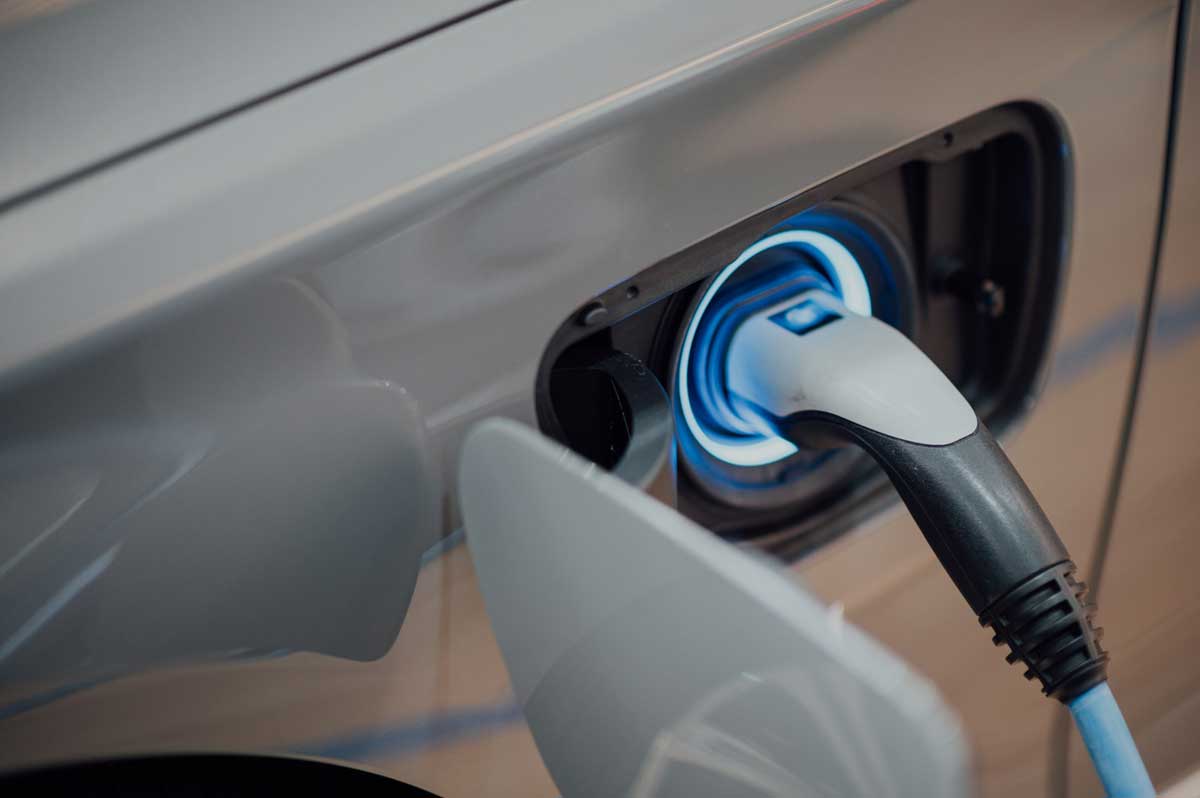The Role of Electric Vehicles in Decarbonizing the Economy and Powering the Future

The transformation of electric vehicles stands as an essential component of our global strategy as the world grapples to mitigate the growing threat of climate change. The green revolution (EV) is considered to play a pivotal role in decarbonizing the economy, shrinking the reliance on fossil fuels, and orienting towards a sustainable future.
The transportation sector is a major contributor, accounting for nearly a quarter of global CO2 emissions. A large amount of carbon dioxide is released by the traditional internal combustion engine vehicle’s combustion due to fossil fuel burning and other pollutants in the atmosphere. In contrast, zero tailpipe emissions are being produced by EVs by powering the electricity in the battery. To decarbonize transportation, this fundamental difference places EVs at the forefront of efforts.
The extensive adoption of EVs can drastically cut emissions, particularly when paired with renewable energy resources like solar, wind, and hydropower. As developing countries are investing in EV infrastructure and eliminating their reliance on ICE vehicles, the demand for EVs is growing day by day. With technological updates, this shift also shows a transformational change in how we persuade and associate with transportation.
Development in EV Technology
The widespread adoption of EV batteries is increasing day by day, making their production less expensive for average consumers. Lithium-ion batteries have seen remarkable improvement in energy density coast, and lifespan. Furthermore, research is exploring next-generation battery technologies such as solid-state batteries, which ensure even higher energy densities, faster charging times, and greater safety. These innovations could increase the demand for EVs, making them a viable option for a broader segment of the population.
Financial and ecological benefits
The EVs have positive impacts on the environment. Economically, the transformation of EVs can stimulate job creation in various sectors, such as manufacturing, infrastructure development, and renewable energy. New opportunities emerge for business and the working class as the government’s worldwide investment in EV technology and infrastructure. The Canalys prognosticate the global EVs market will be enhanced by 27.1% in 2024, hitting 17.5 million units. From an environmental perspective, the most significant advantage is a reduction in emissions. EVs can improve public health and quality of life by reducing urban air pollution. Additionally, the acquisition of EVs supports a broader amalgamation of renewable energy into a grid. The primary and most significant advantage of EV batteries is that they can serve as an as an energy storage solution, ensuring a more resilient and stable power grid.
Instead of the multiple benefits, the transformation towards EV batteries and their extensive use faces several challenges. Especially the extraction of raw materials like lithium, cobalt, and nickel is considered one of the most important concerns in regards to environmental impacts on battery production. These initiatives can involve ethical issues and harmful for environment and also put negative effects on labor practices in mining regions. To mitigate these challenges, we require a multifaceted approach. To minimize the demand for new raw materials, it requires progress in battery recycling technologies. To mitigate with the enviornmental and societal impact on battery production policies that propagate endurable mining procedures and the progress in alternative materials would be also helpful. A shortage of charging infrastructure is another big challenge. It is very essential to build up exhaustive charging stations to support wide-spread mass adoption. It’s very essential for the government and private sector to build up this infrastructure and ensure that charging is appropriate and reachable for all users.
The transition from fossil fuel transportation to clean electric vehicles will diminish carbon emissions, mitigate climate change, and propagate sustainable progress. The role of EV batteries in decarbonizing the economy is both revolutionary and essential. The barriers to EV adoption will diminish, and technology will continue to progress and the infrastructure will be enhanced.
The transformation towards electric vehicles, anchored by progress in battery technology, plays a significant role in global-level efforts to decarbonize the economy. By adopting carbon-free vehicles, the world will enjoy environmental and social benefits, as consistency in investment and innovation is very necessary. As developing countries continue to progress in the field of electric vehicles, the world will become a sustainable, carbon-neutral place.

